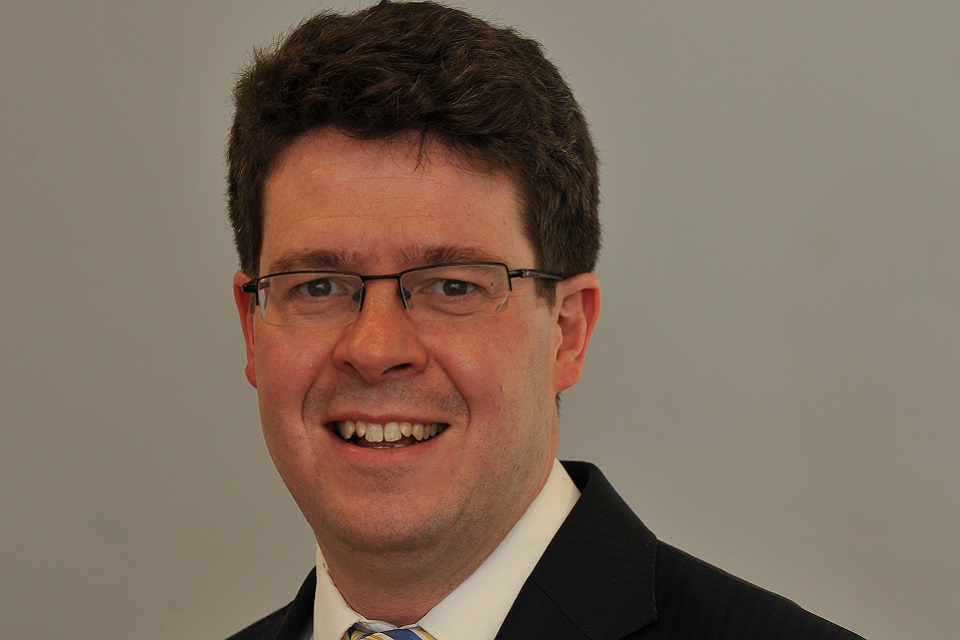The ups and downs of 2019 valuations
Published 24 May 2019

Mike Scanlon, a GAD actuary and speaker at the recent Pensions and Lifetime Savings Association Local Authority Conference shares his view of the event.
Around 90 local government pension scheme (LGPS) funds in England and Wales are preparing their 2019 valuations against a backdrop of uncertainty. It follows a Court of Appeal judgement and the resulting pause in the cost cap process.
As you may know, the LGPS Advisory Board and HM Treasury are committed to implementing scheme improvements, if the government successfully appeals the ruling. It means there will be increased costs for employers whether the government wins this case or not. However, the financial impact for LGPS will be smaller than for some of the unfunded schemes.
This was just one topic under discussion at the Pensions and Lifetime Savings Association’s (PLSA) Local Authority Conference 2019 which was opened by the Local Government Minister, Rishi Sunak MP.
He was interrupted by activists from ‘Extinction Rebellion’, emphasising the importance of the climate emergency. Unfortunately, the protestors did not stay for my presentation on the 2019 valuations! But this topic was covered elsewhere in the conference programme in a session called ‘Hot and bothered? Getting to grips with climate change.’
So, as I discussed in my presentation there are bound to be some ups and downs in the 2019 valuations. It’s fair to say there will be different impacts for different employers. While some employers may face contribution increases, for others there will be a choice between reducing contributions or reducing risk.
The conference also covered other important themes for LGPS, including the:
- launch of the LGPS Advisory Board’s Scheme Annual Report
- investment pool governance
- New Fair Deal amendments
- investment Cost Transparency Initiative
- changes to the local valuation cycle and management of employer risk
The liveliest session was a debate on the motion that: ‘this House believes the LGPS should be required to build social housing and infrastructure for the good of the nation.’ It was led by a team of talented student debaters from Debate Mate. Most conference delegates voted against the motion, but the team speaking in favour of it might claim to have won the debate, having successfully persuaded some delegates to switch sides.
